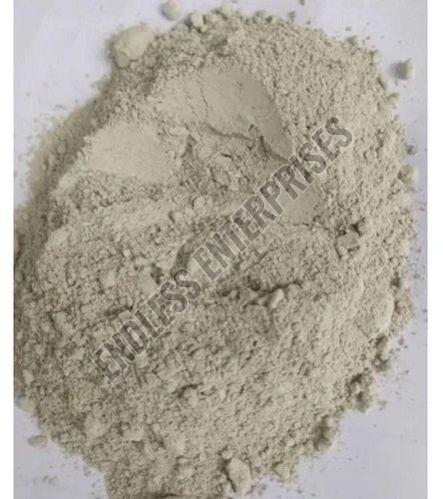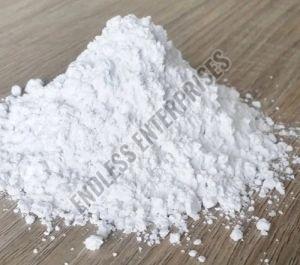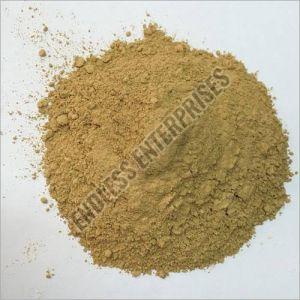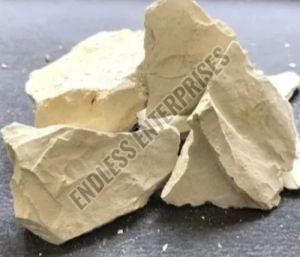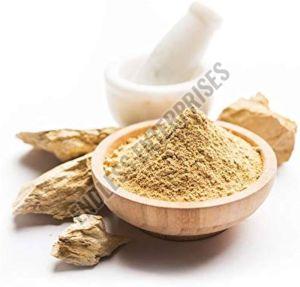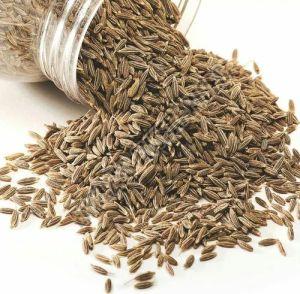- GST NO. : 08FONPS3889M1ZM
| Business Type | Exporter, Supplier, Trader |
| Chemical Formula | CaSO₄·2H₂O |
| Packaging Type | bag |
| Packaging Size | 25kgs and 50kgs |
| Click to view more | |
Product Details
Product Code
25201010
Port
mundra
Payment Terms
L/C, T/T
Agriculture gypsum, also known as calcium sulfate dihydrate (CaSO₄·2H₂O), is a natural, high-purity mineral that serves as an effective soil amendment and conditioner for farming and gardening applications. Sourced from natural deposits or as a byproduct of certain industrial processes, it is finely ground to ensure optimal performance in agricultural settings. This versatile product enhances soil health, improves crop yields, and supports sustainable farming practices.
Key Benefits:
- Soil Structure Improvement: Gypsum loosens heavy, clay-rich soils, improving aeration, water infiltration, and root penetration. It helps break up compacted soil, promoting healthier root systems and better nutrient uptake.
- Nutrient Supply: Provides a readily available source of calcium and sulfur, two essential nutrients for plant growth. Calcium strengthens plant cell walls, while sulfur supports protein synthesis and enzyme function.
- pH Neutral: Unlike lime, gypsum does not significantly alter soil pH, making it ideal for maintaining balanced soil chemistry while addressing calcium deficiencies.
- Reduces Soil Salinity: Gypsum helps flush excess sodium from saline or sodic soils, improving soil fertility and reducing the risk of plant stress in high-salt environments.
- Erosion Control: By enhancing soil aggregation, gypsum reduces surface crusting and runoff, helping to prevent soil erosion and improve water retention.
- Versatile Application: Suitable for a wide range of crops, including fruits, vegetables, grains, and
- legumes, as well as lawns, ornamental plants, and pastures.
Looking for "Gypsum Powder" ?
Tons
Explore More Products


